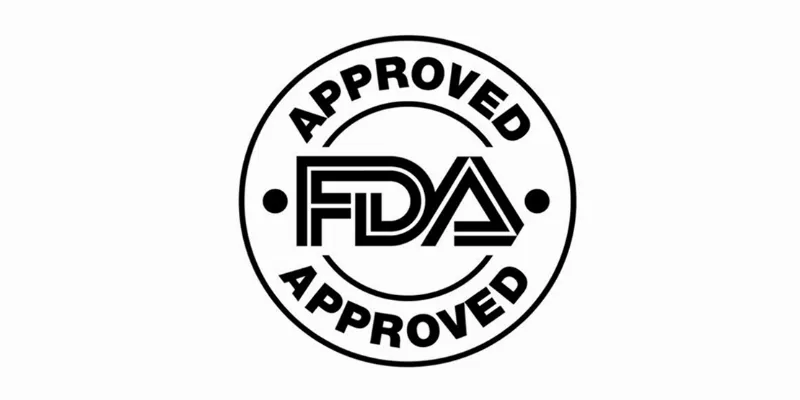Lantidra: Revolutionary cell therapy for Type 1 diabetes earns FDA approval

3 July 2023
The United States Food and Drug Administration (FDA) has given its approval for Lantidra, an innovative cell therapy developed by the biotech company CellTrans, aimed at treating adults suffering from type 1 diabetes. Notably, this marks the first-ever FDA approval for a cell therapy specifically targeting type 1 diabetes. This groundbreaking cell therapy is intended for adults who struggle to achieve their target blood glucose levels, despite intensive diabetes management efforts.
The approval has significant implications for patients experiencing recurrent severe hypoglycemia, a dangerous condition that can lead to injuries from loss of consciousness or seizures. The therapy is designed to replace the body's insulin-producing beta cells in the pancreas with allogeneic islet beta cells sourced from deceased donors. These transplanted cells aim to produce enough insulin to eliminate the need for regular insulin shots or infusions from an insulin pump.
As noted by Peter Marks, director of the FDA’s Center for Biologics Evaluation and Research, "Today’s approval, the first-ever cell therapy to treat patients with type 1 diabetes, provides individuals living with type 1 diabetes and recurrent severe hypoglycemia an additional treatment option to help achieve target blood glucose levels."
The approval of Lantidra is based on two non-randomized, single-arm studies that involved a total of 30 type 1 diabetes patients with hypoglycemic unawareness. The results showed that 21 patients did not need to take insulin for a year or more following at least one infusion of the therapy.
However, it's important to note that the therapy doesn't work for everyone; five participants did not achieve any days of insulin independence. Although Lantidra's approval marks a significant stride in the fight against type 1 diabetes, its use requires concurrent administration of immunosuppressive drugs to prevent the body from rejecting the transplanted cells.
This requirement comes with its own set of challenges, including a higher risk of infections and cancer, and in some cases, the need to discontinue the immunosuppressive drugs led to the failure of the transplanted islet cells. Furthermore, it's important to be aware that most patients experienced at least one serious adverse reaction related to the treatment and the use of immunosuppressants. In the larger context, several other companies are conducting research to develop similar therapies for type 1 diabetes. For instance, Vertex Pharmaceuticals is developing VX-880, a therapy involving lab-grown islet cells derived from stem cells.

Other companies such as Eli Lilly and Quell Therapeutics are exploring alternative approaches that won't require immunosuppression. While the approval of CellTrans’s Lantidra indeed marks a significant milestone in the treatment of type 1 diabetes, there are still concerns raised by transplantation experts regarding the regulations and processes involved in cell therapy. These are discussions that will continue to shape the landscape of cell therapy treatments in the future.
The story of CellTrans
Pioneered by Professor Jose Oberholzer, now the company's president, CellTrans has its roots in the University of Illinois, where Oberholzer led an innovative scientific research group. With his robust academic background, including current roles at the University of Virginia as a professor of surgery and biomedical engineering, Oberholzer has positioned CellTrans at the forefront of cellular therapy development.
Having conducted over 600 islet isolations and overseen successful Phase I, II, and III clinical trials for islet transplantation, CellTrans aspires to revolutionize treatment of diabetes and other endocrine disorders with cell-based therapies, including isolated islets, encapsulated islets, and human-derived stem cells. The team, comprised of leading scientists, technicians, experienced surgeons, and proficient administrative staff, is driven by a commitment to ethical use of human organs and tissues for therapy and research.











Comments
No Comments Yet!